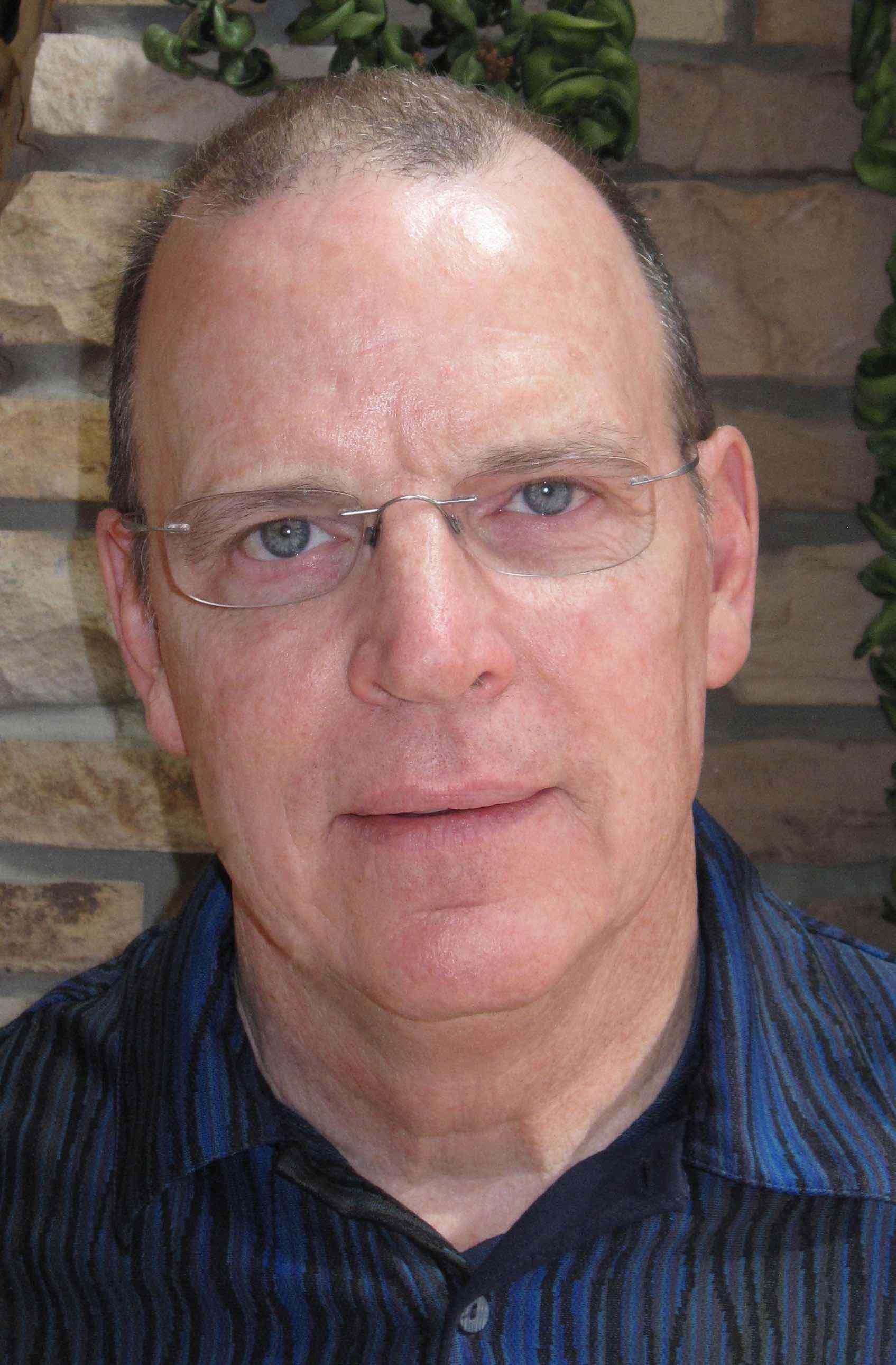
David A. Randall, PhD.
- (970) 491-8474 (Office)
- david.randall.colostate.edu
- Website
David A. Randall, PhD.
- (970) 491-8474 (Office)
- david.randall.colostate.edu
- Website
University Distinguished Professor
Atmospheric Science
Fields of Expertise
Climate Science
Areas of Interest
Cloud-climate studies, Climate dynamics, Cloud parameterization, Numerical methods, Role of clouds in climate change
Biography
David Randall is University Distinguished Professor of Atmospheric Science at Colorado State University, and Director of the Center for Multiscale Modeling of Atmospheric Processes, a National Science Foundation Science and Technology Center. His research interests are climate model development and the role of clouds in climate change. His teaching interests include the global circulation of the atmosphere, numerical modeling of the atmosphere, dynamics on all scales, boundary layer processes, convection, and climate. He received Bachelors and Masters degrees in Aeronautical and Astronautical Engineering from the Ohio State University, and a Ph. D. in Atmospheric Sciences from the University of California, Los Angeles, in 1976. He served as an Assistant Professor at M.I.T., and also worked as a Meteorologist at NASA's Goddard Space Flight Center. He was Chief Editor of the Journal of Climate from 1995 to 2005, and the founding Chief Editor of the Journal of Advances in Modeling Earth Systems (JAMES). He has published over 200 refereed journal articles, and two single-authored books. He has chaired or co-chaired several federally sponsored science teams, as well as numerous panels and boards. He was a Coordinating Lead Author for both the Fourth and Fifth Assessments of the Intergovernmental Panel on Climate Change (IPCC). He is a member of the U.S. Department of Energy's Biological and Environmental Research Advisory Committee (BERAC). He was awarded NASA's Medal for Exceptional Scientific Achievement in 1988, the Meisinger Award of the American Meteorological Society in 1994, NASA's Medal for Distinguished Public Service in 2006, and the Jule Charney Award of the American Meteorological Society in 2014. He has also received awards from Colorado State University for Scholarship Impact, Research, and Graduate Advising. He is a Fellow of the American Meteorological Society, the American Geophysical Union, and the American Association for the Advancement of Science
